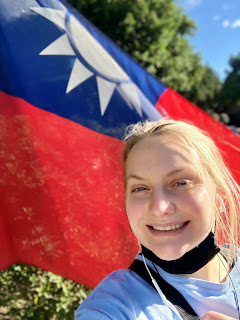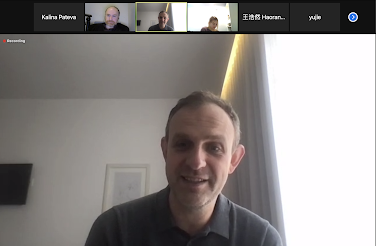Student Reflections: Semester in Review

Final papers are in, Chinese New Year is fast approaching, and Hopkins-Nanjing Center students are embarking on a much needed holiday between semesters. First-year MAIS student Nathan Rose reflects on his semester. With the Fall 2021 semester coming to an end (and the year of the Tiger fast approaching), I reflected a bit on the past couple months. This semester had its challenges, but upon reflection I was surprised how much I gained. First, let’s address the elephant in the room: virtual learning is tough. There is no denying this. Students, teachers, administrators are all frustrated with it, but it is an unfortunate reality we all must face in our COVID world. As such, let me describe some of the realities I experienced this semester. Having class early in the morning and late in the evening is difficult—something made worse if you are located in an unideal time zone (HNC virtual classes are scheduled as a compromise between EST and Beijing time, with classes occurring ...


